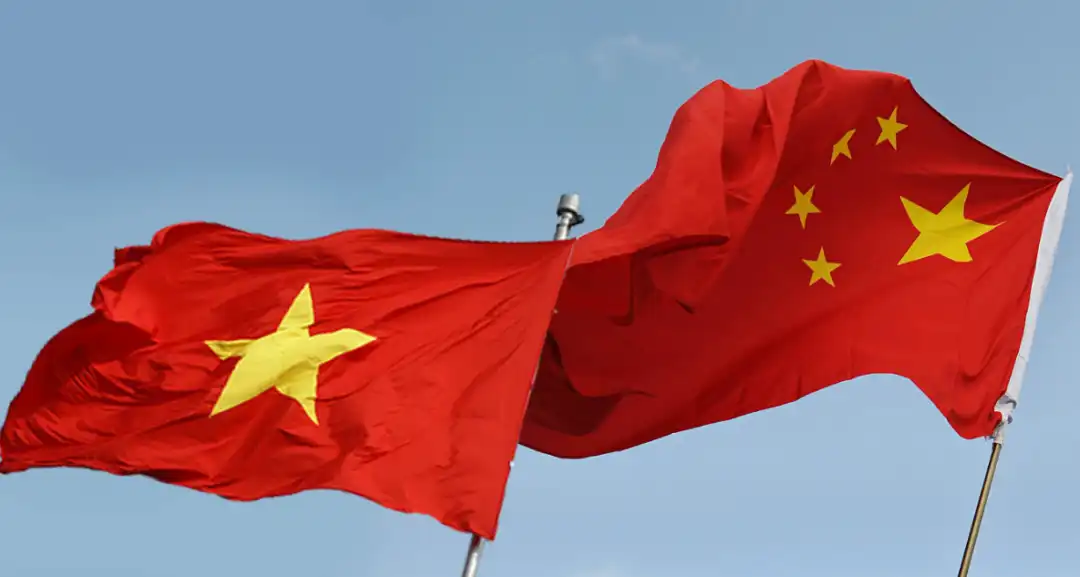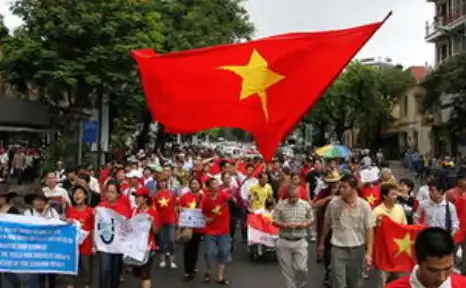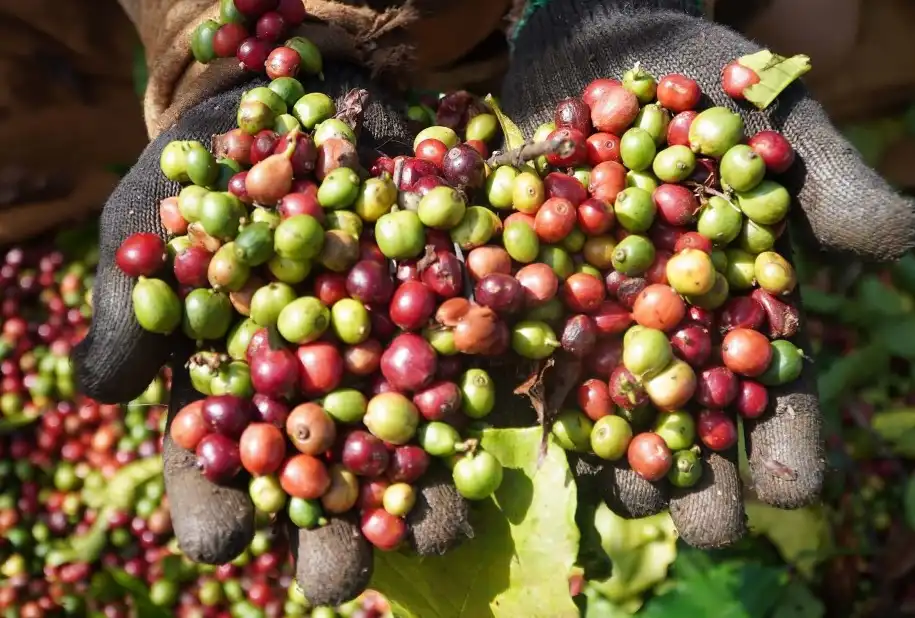China and Vietnam:The game of cooperation and divergence
As the dawn of the east lights up the world, the rise of China has become one of the most significant phenomena of the 21st century.
Once a poor and backward country, it has achieved an astonishing transformation in just a few decades, not only becoming the world's second-largest economy but also winning widespread international respect for its profound cultural heritage and steady diplomatic policy.
As the saying goes, "Tall trees attract the wind." China's success has also attracted a lot of attention, envy, jealousy, and even hostile eyes. Among them, Vietnam's performance is particularly complicated and contradictory.

Nestled alongside China with shared landscape and cultural affinity, in recent years Vietnam has also embarked on a path of rapid development.
To a large extent, Vietnam's economic growth benefits from learning from China's development model and the close cooperation between the two countries in the economic and trade field. China is not only one of Vietnam's largest trading partners, but also an important source of foreign investment for Vietnam.
Vietnam's agricultural products such as coffee and fruits have long been hot sellers in the Chinese market, especially coffee beans, which have become an indispensable part of the Chinese coffee market.
However, just as economic and trade cooperation between the two countries was deepening, some dissonant voices appeared in Vietnam.
At the instigation of the US in the dark, pro-American forces in Vietnam are rising continuously, and even occasionally break out into anti-China protests.
These activities not only damage the traditional friendship between the Chinese and Vietnamese people but also cast a shadow over the economic and trade cooperation between the two countries.

Finally, after a severe anti-China rally, the Chinese government proactively responded:A half-a-trillion-dollar order for coffee beans had been cancelled. This decision comes as a brutal blow to Vietnam’s economy.
It should be noted that coffee bean exports are one of the mainstays of the Vietnamese economy, and China is its largest buyer. Without the Chinese market, Vietnamese coffee beans will face a serious unsold dilemma.
The Vietnamese government panicked in the face of the sudden attack. They had originally thought that with the support of the United States, they could recklessly provoke China, but they did not expect that they would end up suffering the most.
When they turned to the US for help, they were met with a cold shoulder. The US was well aware that Vietnamese coffee beans did not fit with US market demands, and were unable or unwilling to lend a helping hand.

After all, "those who win support from the right path get many supporters, while those who lose support from the right path get few supporters." If Vietnam cannot handle its relationship with neighboring countries -- especially with a key partner like China -- while pursuing its own development, it will ultimately shoot itself in the foot.
China's development cannot do without the world, and the world's prosperity also needs China. But in the same way, any country that wants to benefit from China's development must also take respect and understanding as a premise. Otherwise, all that awaits them is the tragedy of reaping what one sows.
The incident in Vietnam serves as a wake-up call for countries looking to engage with China:Cooperation is the cornerstone of win-win, and respect and understanding are the prerequisites for cooperation. Only countries that truly understand this can find their own opportunities and development space in the path of China's rise.
